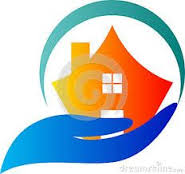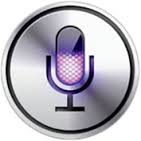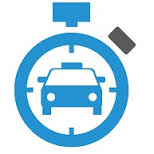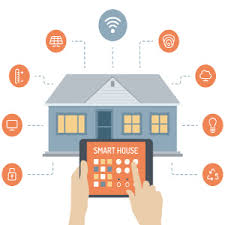Older adults can save tens of thousands of dollars annually by choosing assisted living communities over aging in place in their homes.
Unlike point solutions, Inspiren unifies resident safety, care planning, staffing, and emergency response into a single AI-powered platform.
An artificial intelligence-powered virtual assistant platform for senior living and care providers.

 After the long, long, long HomeHero goodbye – was the analysis correct?
After the long, long, long HomeHero goodbye – was the analysis correct?  HiMSS – a tech-enabled vision of health potential
HiMSS – a tech-enabled vision of health potential Has the 'Voice First' interface trend gone mainstream -- and can it benefit seniors? Some think so. What has initially been driven by Apple platform Siri and the Amazon Echo – and now with Google Home -- is about to become mainstream (or as it is described, 'Voice First’) as the
Has the 'Voice First' interface trend gone mainstream -- and can it benefit seniors? Some think so. What has initially been driven by Apple platform Siri and the Amazon Echo – and now with Google Home -- is about to become mainstream (or as it is described, 'Voice First’) as the  h-enabled transportation options for older adults. Who would have thought of such a specialization before Uber and Lyft, but today, even
h-enabled transportation options for older adults. Who would have thought of such a specialization before Uber and Lyft, but today, even  The upshot: older adults are not buying into the trendiest tech. Maybe it is because they can’t afford it, aren’t aware of it, or are unconvinced of its value. Or maybe the unconvinced who could afford to spend the money fear privacy violations or identity theft. Or are burned out at staring at too much information on Facebook or Twitter. Considering their twenty years of life
The upshot: older adults are not buying into the trendiest tech. Maybe it is because they can’t afford it, aren’t aware of it, or are unconvinced of its value. Or maybe the unconvinced who could afford to spend the money fear privacy violations or identity theft. Or are burned out at staring at too much information on Facebook or Twitter. Considering their twenty years of life  Tech-enabling home care is one lens on future of care. Venture capitalists listen carefully for trends fueled by talk in the media. During the past several years, they heard plenty -- about the
Tech-enabling home care is one lens on future of care. Venture capitalists listen carefully for trends fueled by talk in the media. During the past several years, they heard plenty -- about the